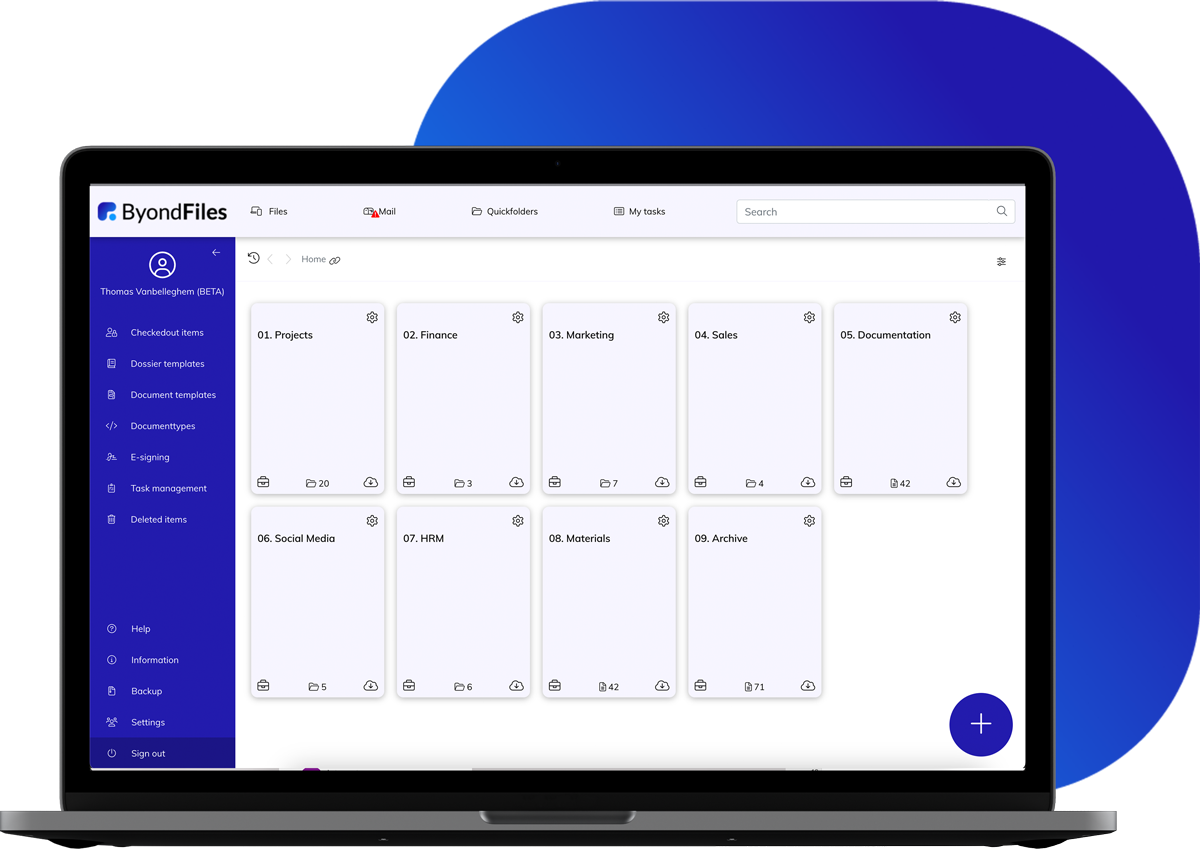Best Practices for Remote Work
Since the COVID-19 pandemic has kept the world on alert, it has become mandatory in many countries to work from home as much as possible. Remote work brings benefits, but also presents a number of challenges. We would like to share how remote work can become easier, more efficient, and safer.

What is Remote Work?
Remote work is work that is performed away from the company location. This could be at home, in a satellite office, a coworking space, on the road, or anywhere else. Teleworking is made possible by the presence of telecommunications connections to the outside world.
Why Work Remotely?
Nobody likes to be interrupted at work, and many are frustrated by an abundance of unproductive meetings. Traffic jams on the way to and from work are probably the worst way to start and end the day.
So it's not shocking that working from home during the pandemic has had a positive effect on worker productivity. According to USA Today, the main reasons are time saved from commuting (71%), fewer distractions from colleagues (61%), and fewer meetings (39%).
Further benefits of remote work include saving on office space, increased flexibility, and enhanced autonomy. It also has a positive impact on absenteeism. A survey by Knack in 2020 of Belgian remote workers revealed that a whopping 84% would like to retain the option to work from home in the future.
Potential Pitfalls
Remote work is a double-edged sword. It poses some difficulties, especially regarding communication, information transfer, and innovation capabilities.
For instance, employees may find it challenging to get answers or information from colleagues. Experience shows that when content, discussions, and activities are spread across various tools and channels, it takes too much time to gather all the needed information. Moreover, it's harder to track project progress and ensure work moves forward when contact with colleagues becomes limited or more distant.
The balance between work and personal life can also be disrupted. A study by NYU involving 3 million workers in 16 cities worldwide shows that the average workday has extended by 48.5 minutes. It goes even further, with some workers feeling a constant pressure to be available 24 hours a day.
Fortunately, there are tools available to eliminate a significant portion of the difficulties of working from home. Discover how we help both employers and employees be more productive while working remotely.
Best Practices
Working in the Cloud
A crucial step toward efficient remote working is ensuring that all data and documents are accessible from home. With a cloud solution, employees have access to all documents at any time and from anywhere, without being limited by storage capabilities. This allows individuals to work on an office computer, from a home laptop, or using a smartphone or tablet on the go. Anyone needing files can simply find them online.
Working (remotely) in the cloud is not only convenient but also secure. If all data and documents are stored on a hard drive, a device loss or crash can result in data loss. A cloud solution offers more security in such situations. Data is stored in the cloud, ensuring personnel can access it regardless of what happens to a device.
When talking about efficient and secure remote working, the cloud is indispensable. No matter if it's a large or small company, everyone uses it for a good reason.
Shared Document Management
Another important IT tool during remote work is the ability to collaborate on the same documents. Because data isn’t stored locally but in the cloud, colleagues can also access and edit them remotely. Various tools even allow for concurrent work on the same files.
Support Through a Remote Work Policy
In a survey of 250 employers in Belgium, 70% indicated they were adjusting their remote work policy. Cloud tools can also assist employers in setting up a robust telework policy. The transition to remote work beyond COVID-19 times will be much easier if employees working from home can remain productive and satisfied.
Remote working is more current than ever, but it also demands extra caution with our data. This could involve reports, balances, presentations, and other sensitive documents. Therefore, the ability to work securely from home is crucial.
Explore our capabilities or request a demo!
